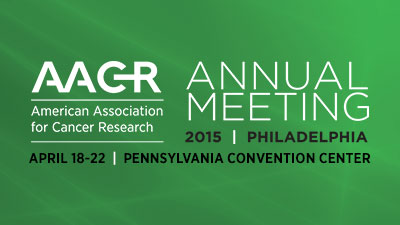AACR 2015

Attracting attention
Last week, we exhibited our HoloMonitor® technology at the American Association for Cancer Research Annual Meeting 2015 (AACR 2015). Exhibit traffic exceeded our high expectations. Our HoloMonitor technology attracted the attention of renowned scientists from the National Institutes of Health (NIH), MD Anderson Cancer Center, Yale University, Harvard Medical School, Institute Curie, and many other major international scientific centers. Some visitors even claimed that they came to the AACR 2015 just to see HoloMonitor in real life.

Centers of Excellence
Our participation at the AACR 2015 was further strengthened by three presentations by scientists associated with the program of excellence for holographic imaging at Northeastern University in Boston, USA. These presentations initiated several scientific discussions which are expected to lead to an expansion of our Centers of Excellence Program in North America and Europe.
The attention our HoloMonitor technology received at the AACR 2015 firmly validates its scientific value and importance in leading biological research. We will capitalize on these results by continuing building value to our customers and shareholders.
Rising demand
The sales and distribution channels necessary for growth are in place. To meet the rapidly growing demand for HoloMonitor technology, we will expand our infrastructure with specific focus on customer support, scientific collaborations and increased manufacturing capacity.
Investor note
The key to successful marketing of scientific instrumentation is in the value it brings to the researchers and its acceptance by the scientific community. Corporate promotional programs are essential to the sales process. However, publications and presentation of scientific results highlighting the benefits of technology by scientists themselves play a vital role in acceptance of new technologies. PHI therefore actively expands its scientific collaborations in cancer research, inflammatory and autoimmune diseases, stem cell biology, gene therapy, regenerative medicine and toxicological studies.